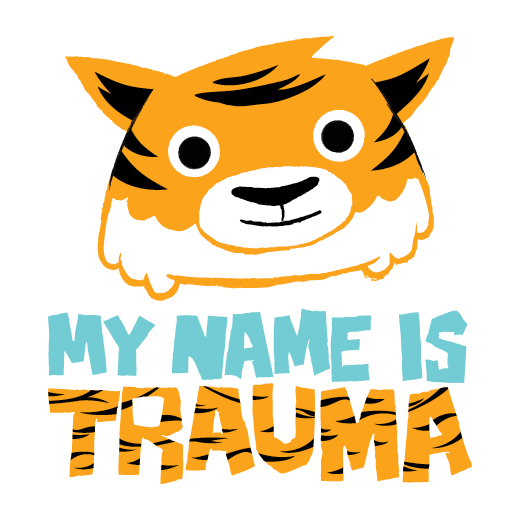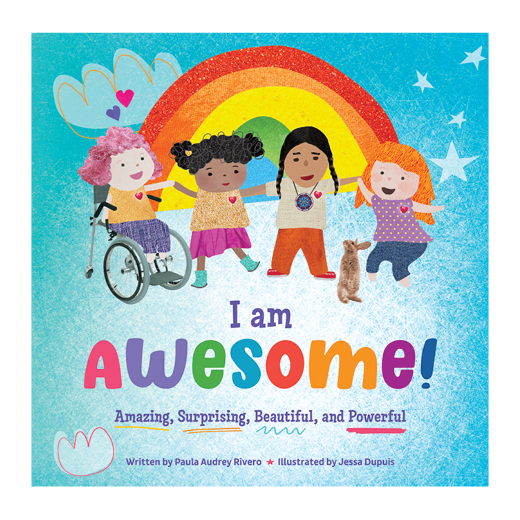All About Assistance Dogs
Ryan Stone \ Unsplash
Having a pet dog, service dog, therapy dog, or emotional support dog in your life is a big commitment with wonderful benefits.
Dogs are great companions who can also act as social icebreakers in the community. Dogs require daily care that can help owners build healthy habits and learn new responsibilities by taking their dogs for walks, following consistent routines, and taking care of their dog’s hygiene and medical needs.
Are you interested in an Assistance dog for your family? This blog post explores different types of Assistance dogs, and things you may need to consider before adopting.
What are Assistance Dogs?
Assistance dogs are highly trained animals that can support a wide range of life challenges from diabetes management to self-regulation, to navigation in public spaces.
Different types of Assistance Dogs:
Guide Dogs
Service Dogs
Autism Dogs
Facility Dogs
Companion Dogs
Response Dogs
Hearing Dogs
Balance Dogs
Probably more than you thought, right? Response Dogs, for example, can be specialized even further, to have expertise in managing diabetes or seizures.
While there are Assistance Dogs of various breeds (like Norbert, the 3-lb registered therapy dog), among the most popular are Labrador Retrievers and Labrador X Golden Retrievers, due to their adaptability and even-keel temperaments.
In the Province of Alberta, service dogs are protected by the Service Dogs Act, RSA c. S-7.5 and the Blind Persons' Rights Act, RSA c. B-3.
How do Assistance Dogs help?
Assistance dogs, as noted above, have all sorts of unique specialties, some which may take years to train before a dog is ready for ownership.
However, all Assistance dogs are taught essential house manners and behaving well in public (for example, staying close to the owner, not barking at other dogs as they walk by, etc). No matter the specialty, all Assistance Dogs help enhance an owner’s quality of life in the ways that best suit them.
Service dogs are specifically trained to assist with particular tasks or activities, then matched with an appropriate owner. Service dogs allow increased levels of independence for their owners by helping them with specific tasks and activities.
This requires a high level of specialized and individualized training and certification for both the dogs and their owners. Often service dogs and their owners attend inservices or training sessions to maintain their skills. Service dogs are permitted anywhere their owners go.
Emotional support dogs offer comfort and may also be trained to assist their owners during times of stress or with specific tasks. Since levels of training and certification vary, emotional support dogs may not qualify to be in all public spaces.
Therapy dogs (also called pet visitation dogs) and their owners should obtain training and certification to determine if the dogs have the appropriate temperament, training, and manners to interact with a variety of people in the community. Therapy dogs enjoy meeting people and often work in schools, hospitals, and nursing homes. Therapy dogs are not trained to assist their owners with specific tasks and do not have the training or certification to be welcomed into all public spaces. Animals other than dogs may be trained and certified as therapy animals, or for use in animal-assisted interventions.
What else should I know about Assistance Dogs?
Foremost, Assistance Dogs at the end of the day are dogs. Just like people, dogs require daily exercise, nutritious food, mental stimulation, social interaction, play, affection, rest/relaxation, and even regular medical check-ups.
Every dog’s needs will be slightly different, based on their personality, age, health, and energy levels. If you think you might want one, remember that Assistance Dogs are not exempt from the care that all dogs should have. If you don’t think you can make the time for the dog’s needs, consider having one another time.
In Alberta, service dogs are protected by the Service Dogs Act, RSA c. S-7.5 and the Blind Persons' Rights Act, RSA c. B-3.
That being said, though—most Assistance Dog agencies have waitlists, as again, it can take years to train puppies to become respectable service dogs. And even once an Assistance Dog is placed with a family, know that regular opportunities to practice your Assistance Dog’s unique skills are essential to making sure your Assistance Dog supports your needs throughout your time together.
Above all, owning an Assistance Dog is inviting a new member to your family. Much like how you need downtime after a long day at work or school, Assistance Dogs need their time off too. Assistance Dogs cannot be ‘put away’ or ignored—with love and respect, play and care, your Assistance Dog will be an irreplaceable friend and family member for life.
Fun activities to do with your dog:
Say hello to Fergus, Coach Connor’s Biewer Terrier!
Go for a walk, run, or bike ride together.
Play fetch, frisbee, or tug-of-war.
Make new friends at the dog park.
Visit a dog friendly store in your community.
Try a dog yoga or dog fitness class.
Teach your dog a new trick.
Play hide and seek with your dog with treats, toys, or people.
Create an obstacle course for your dog.
Read to your dog.
Make a puzzle for your dog to solve.
Dog spa day! Brush your dog, give your dog a bath, a massage, and/or a pawdicure.
See if you can find your dog’s ticklish spot that makes his or her leg kick.
Take a dog class such as obedience, agility, nosework, etc.
Watch videos of birds or squirrels with your dog.
For more information about Assistance Dogs, check out:
Chimo Animal Assisted Wellness and Learning Society (CAAWLS)
Have Dog, Will Travel: A true story about a man’s first service dog
Superpower Dogs: An IMAX original film about extraordinary four-legged heroes
One Last Thing
Many pet shelters across Canada continue to operate and foster dogs, cats, and other animals during the COVID-19 pandemic. (This blog was originally written in April 2020, one month into the COVID-19 pandemic and subsequent public health measures.)
You may be thinking about adopting a pet to support your time staying safe at home, but we hope this blog highlights the commitments to caring for an animal as much as the benefits. Make sure that your choice to take in a new family member is weighted with respect and care, and to plan accordingly if circumstances change.
“Everyone thinks they have the best dog. And none of them are wrong.”










